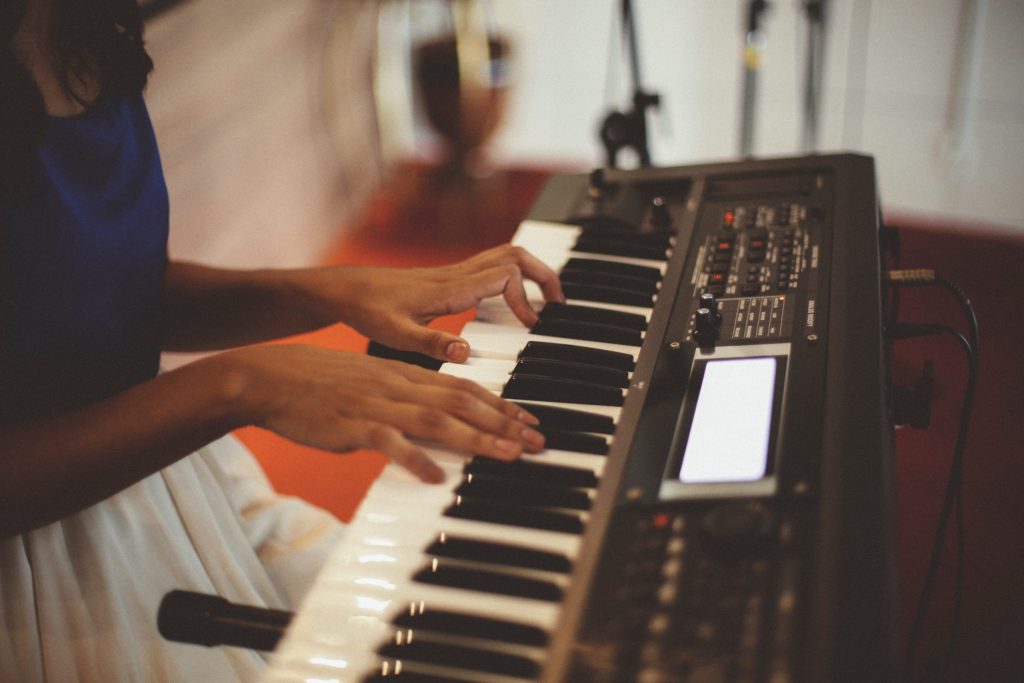Music-based scholarships in major schools can be very competitive. Some schools will stipulate the minimum grade required for music scholarship applicants in either voice or one or more instruments – or both.
How to gain a music scholarship at secondary school
7th April, 2016
Question: My daughter is a talented musician, could she get a scholarship to an independent school?
The Telegraph, 7 April 2016 – Read the article in full here.
If your daughter is exceptionally talented, you should consider specialist schools
Congratulations on having a musically talented daughter. Not only will you have the pleasure of listening to your daughter perform, some experts believe that children who learn to read music and play a musical instrument have stronger academic attainment than their non-musical peers.
Being a member of an orchestra (or choir) will help your daughter make new friends in her next school, too.
Schools often indicate on the admissions area of their websites the music scholarships and awards that are available. The financial value of such music awards will vary considerably.
Some schools will offer musical tuition rather than remission of fees, for example. Do check with the school bursary department whether you would be eligible for a bursary to assist with school fees, in addition to any music scholarship your daughter might be awarded.
Both HMC (hmc.org.uk) and GSA (gsa.uk.com). offer information about financial assistance, including music scholarships, in independent senior schools. If your daughter is exceptionally talented, you might want to consider specialist music schools (gov.uk/music-dance-scheme).

Do contact a school to confirm whether there is any such minimum grade requirement, if it is not stated. Your daughter will almost certainly be required to attend a music scholarship audition, which will involve the performance of one or more prepared pieces on her chosen instrument(s) and often the sight reading of an unseen piece of music, too.
In academically selective state and independent schools, your daughter will normally need to pass the entrance examinations in order to gain a place, before music scholarships are awarded.
Some state schools – and many independent schools – will offer a plethora of opportunities for nurturing your daughter’s musical talent. In addition to the main school choirs and orchestras, you will find school jazz bands, string and wind ensembles and many opportunities for your daughter to perform in concerts.

Independent schools often offer the opportunity for musically talented pupils to go on choir tours or orchestral trips.
You might also want to ask potential schools about the curricular provision for music. How many lessons per week are allocated to music in the Year 7- 9 timetable? Is music set by ability or not? How many students take GCSE music? Does the school offer A level Music and/or A level Music Technology? Good luck!